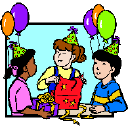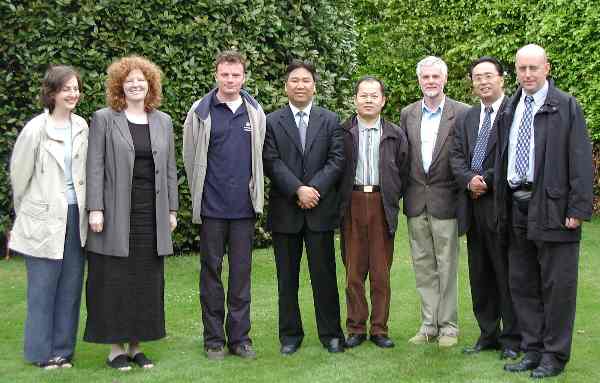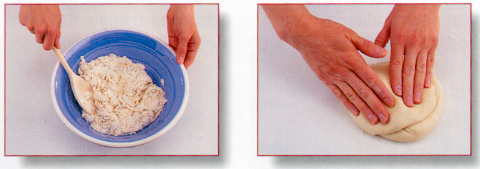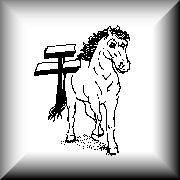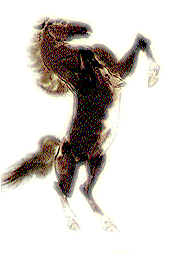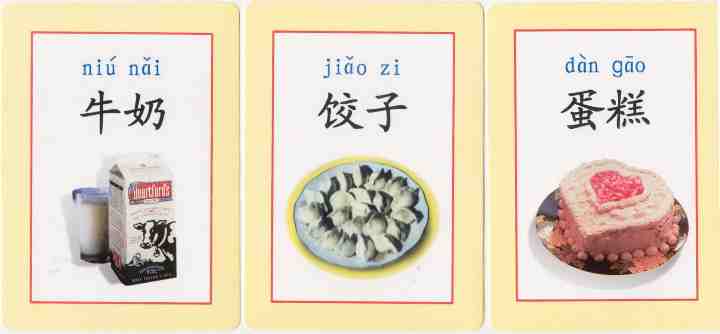

Like most Irish people, the members of the Irish-Chinese Cultural Society
were deeply shocked and saddened by the killing in Dublin of the Chinese student
Mr Zhao Liutao,
who died on January 24th after a fatal assault on January 21st.
The Society, through our Vice-President, David Judge, has written to
Mr Zhao's family
to express something of our feelings of sorrow and sympathy.
Part of the letter is reproduced here.
Dear Mr and Mrs Zhao,
I am writing on behalf of the Irish-Chinese Cultural Society to express our profound
and heartfelt sympathy with you and your family on the tragic death of your son.
We know that you must be feeling indescribable grief that this beautiful young
life has been extinguished in such a brutal, senseless and shameful way:
we would dearly wish it were possible to give words of consolation at this terrible
time for you.
May Heaven send peace to him, and some comfort to you in this tragic loss.
Yours sincerely,
David Judge,
Vice-president.
| Isabella Bird. The Yangtze Valley and Beyond. John Murray, 1899. Published by Virago, 1985. ---
A 64-year old Englishwoman, with a bad heart, spends 8 months travelling in China and recounts with great style
all she sees of a now vanished era. |
| Chiang Yee. The Silent Traveller in Dublin. John Davey Co. New York, 1953. --- A charming book, beautifully illustrated with drawings and paintings by the author describing, through Chinese eyes, a Dublin that is also long gone. Unfortunately, long out of print. |
| Helene Chung. Shouting from China. Penguin Books Australia, 1989. --- Australian journalist recounts her three-year stint in China, reporting for Australian Radio. |
| Robin Hanbury-Tenison. A Ride Along the Great Wall. Arrow Books, 1990. --- Intrepid travel writer and wife travel the length of the Great Wall on horseback. |
| W.J.F. Jenner. The Tyranny of History. Penguin Books, 1992. --- A deep, provocative, rather pessimistic book about China and its future by the Professor Chinese at the Australian National University at Canberra. Everyone interested or concerned about China should read it ! |
 |
| Paul Theroux. Riding the Iron Rooster. Penguin Books, 1992. --- The author spent a year travelling around China by train. He is not always sympathetic to the people he meets, but his book is enjoyable. However, I shouldn't want to travel in his company ! |
| Arthur Waldron. The Great Wall of China. Cambridge University Press. 1992. --- A scholarly work about the myth and the reality of the Great Wall and study of wall building throughout Chinese history. Challenges, with impeccable scholarship, many of the common beliefs about the Great Wall. |
| Robert Weil. Red Cat, White Cat. Monthly Review Press, New York, 1996. --- An American Marxist criticises the market reforms in China. |
| Zhang Xinxin and Sang Ye. Chinese Lives. Penguin Books. 1989. --- A superb collection of articles in which ordinary (and not so ordinary) Chinese people talk about their lives. The original book, entitled Beijing Ren, caused a great stir when it was first published in China. |
